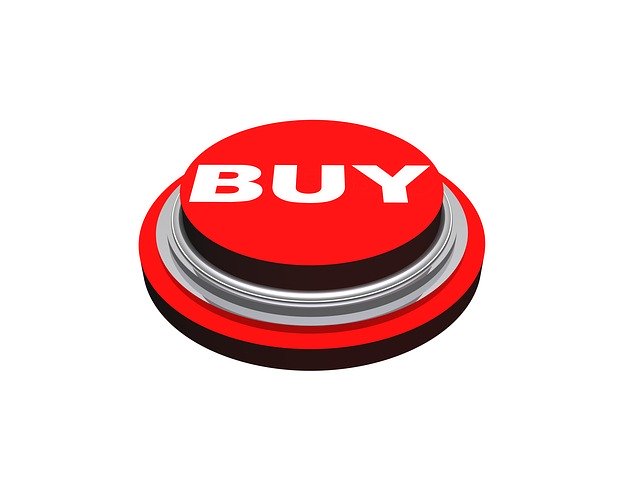
Are you struggling to convert your B2B company's leads and prospects into buyers? If so, maybe it's time to reevaluate your sales process. If your sales process includes an ineffective or otherwise poor value proposition, you can expect a lower conversion rate and, therefore, fewer sales. Unfortunately, many B2B sales reps as well as their sales managers overlook the importance of value proposition, believing it has little or no influence over a prospective buyer's purchasing decision. Let's take a look at the value proposition further.
Overview of Value Proposition
The term "value proposition" refers to the act of conveying the benefits of your company's product or service to a prospective buyer or the sales lead. It's essentially a message that projects the value of a product or a service to the sales lead. Whether you communicate with a prospective buyer over the phone, by email, social media or any other channel, you should provide him or her with a value proposition. In this message, you'll tell the prospective buyer how your B2B company's product or service will benefit their operation.
Value propositions are Different for Each Company's Product & Service
Even though each B2B company's value proposition is unique, there are some critical points that they should all include:
- The type of product or service sold by your B2B company
- The product's or service's benefits
- Why the productive buyer should choose it rather than a competitor's product or service
The Importance of Value Proposition in the B2B Sales Process
Neglecting to create and use an effective value proposition in your B2B company's sales process will result in fewer sales leads entering into the sales funnel. For many prospective buyers, the value proposition is the deciding factor in whether they'll move forward with you and your company's product or service. If a prospective buyer is still on the fence about purchasing your B2B company's product or service, he or she may reference the value proposition to make a decision.
How to Create an Effective Value Proposition
When creating a value proposition, focus on the benefits of your B2B company's product or service rather than its features. Sales leads care about the features, but they want to know what benefits it can supply to their business. You can still mention the features of a product or service, but your value proposition should focus on the benefits. Otherwise, it won't offer the same perceived value to prospective buyers, resulting in a lower conversion rate.
In addition to focusing on the benefits, you should make the first few sentences of your value proposition count. According to Microsoft, the average person's attention span is now a measly eight seconds. With such short attention spans, people today are reluctant to listen to long and drawn-out messages. Rather, they want immediate information that's relevant to their needs. To keep prospective buyers engaged, make your value proposition concise and to the point. Don't waste time talking about your B2B company's history. Rather, keep your value proposition focused on the benefits of your B2B company's product or service, paying close attention to the first couple sentences.
Don't just tell prospective buyers how your B2B company's product or service can benefit their business; show it to them. Case studies are an excellent tool for creating a value proposition. If you have a case study highlighting the benefits of your B2B company's product or service, include it in the value proposition. Upon seeing the testimonial, prospective buyers will gain confidence and move the sales cycle forward.
Common Value Proposition Mistakes to Avoid
You shouldn't use the same value proposition for every sales lead or prospect with whom you communicate. You'll achieve a stronger response, as well as more conversions, if you personalize your value propositions to the sales lead. The primary purpose of a value proposition is to explain the benefits of a product or service. While that sounds simple enough, benefits can vary depending on the buyer. A product may benefit one buyer by streamlining their production activities, whereas the same product may benefit another buyer by lowering his or her business's operational expenses.
Another common mistake B2B sales reps make is failing to ask questions during the value proposition. A value proposition isn't a one-way conversation. Rather, it offers an opportunity to ask the prospective buyer questions, which you can use to customize and optimize his or her value propositions. By asking questions, you can identify unique problems faced by each prospective buyer. And with this information in hand, you can adjust your value propositions so that they resonate with each sales lead.
Marketing Can Help
Remember how we just discussed tailoring the value proposition for the sales lead? If you need some help with crafting the message, and even providing you with a case study, go to marketing for help. This is exactly what marketing creates and provides to support your sales process.
How to Be Proactive Crafting the Unique Value Proposition Message
One way to be ready for the sales lead is to learn a bit about them before a phone conversation or a meeting. Sales Leads helps you to prepare with the project description on the Project Report or sales lead. It is a 1-2 sentence description that tells you what the company does, the investment amount, the areas they will be investing in, location and the project start and/or completion date.
Sign up for a free account today and see it for yourself!
What to learn more? Get in Touch
Latest Posts
-
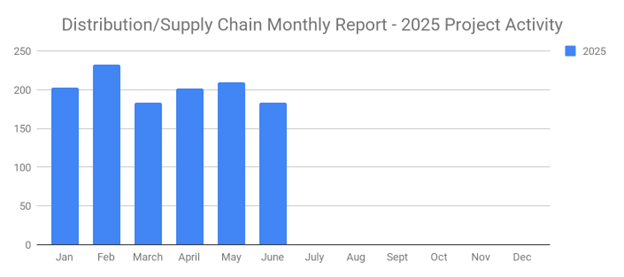
June's New Distribution and Supply Chain Planned Projects Return to March’s 183 Confirmed Figure
-
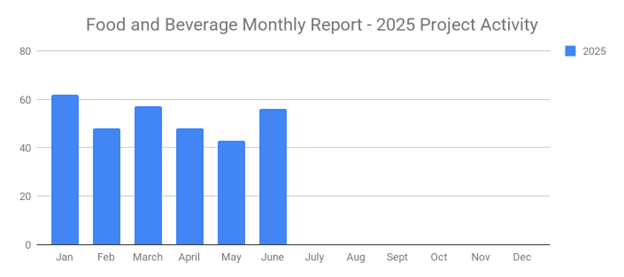
Food and Beverage Rebounds with 56 New Planned Projects Igniting Growth After Decline
-
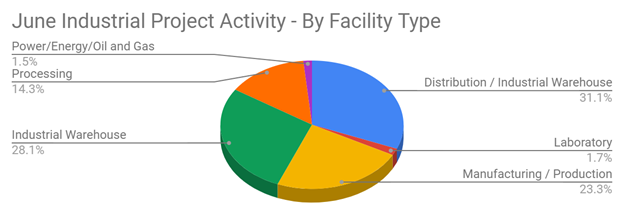
June 2025’s New Industrial Construction Projects Grew 7% Month-Over-Month
-
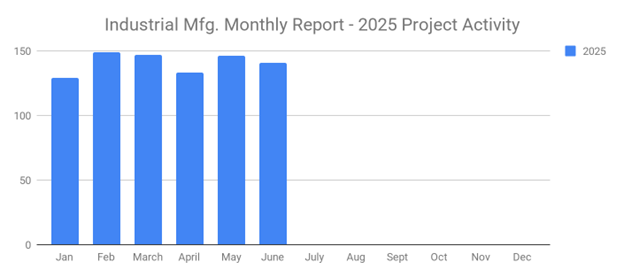
Q2 Industrial Manufacturing Soars 31% for Planned Projects Over $100M; June Planned Industrial Projects Hit 141

